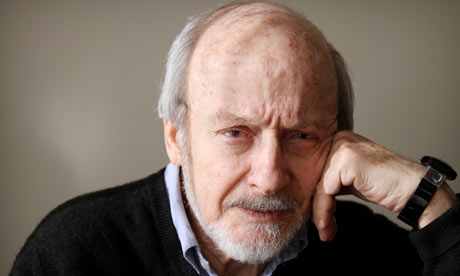Tonight I’ll be making the rounds with my 2nd
grade Harry Potter, kindergarten Cinderella and pre-school spiderman, reminding
them to say thank you as the neighbors dump candy in their imitation jackolantern
buckets. (The mrs and I will be going as Waldo and Wenda, thanks for asking.)
Like most people my age, I’ve got plenty of fond memories of trick-or-treating
as a kid, but it’s actually a tradition that had only just taken off when my parents were
young. In fact, it didn’t really catch fire until the 1950s. But even though
the internet tells me trick-or-treating probably stems from several quasi-religious, Old
World customs, I was struck by a literary
reference I happened upon the other day, which pointed to a more likely and immediate source: the Thanksgiving morning ‘ragamuffin’ tradition brought to life in Betty Smith's coming-of-age classic, A Tree Grows in Brooklyn :
“Most children brought up in Brooklyn before the first World War remember Thanksgiving Day there with a peculiar tenderness. It was the day children went around “ragamuffin” or “slamming gates,” wearing costumes topped off by a penny mask.
“Francie chose her mask with great care. She bought a yellow Chinaman one with sleazy rope mandarin mustaches. Neeley bought a chalk-white death head with grinning black teeth. Papa came through at the last minute with a penny tin horn for each, red for Francie, green for Neeley…
“The street was jammed with masked and costumed children making a deafening din with their penny tin horns. Some kids were too poor to buy a penny mask. They had blackened their faces with burnt cork. Other children with more prosperous parents had store costumes: sleazy Indian suits, cowboy suits and cheesecloth Dutch maiden dresses. A few indifferent ones simply draped a dirty sheet over themselves and called it a costume.
“Francie got pushed in with a compact group of children and went the rounds with them. Some storekeepers locked their doors against them but most of them had something for the children. The candy-store man had hoarded all broken bits of candy for weeks and now passed it out in little bags for all who came begging. He had to do this because he lived on the pennies of the youngsters and he didn’t want to be boycotted. The bakery stores obliged by baking up batches of soft doughy cookies which they gave away. Children were the marketers of the neighborhood and they would only patronize those stores that treated them well. The bakery people were aware of this. The green grocer obliged with decaying bananas and half-rotted apples. Some stores which had nothing to gain from the children neither locked them out nor gave them anything save a profane lecture on the evils of begging. These people were rewarded by terrific and repeated bangings on the front door by the children. Hence the term, slamming gates.”
-from A Tree Grows in
Brooklyn , by Betty Smith
The theory is that spectacles like the Macy’s parade and
football games (not to mention shop-keepers fed up with the low-level extortion
of snot-nosed neighborhood kids) sent the trick-or-treaters looking for a new holiday to
occupy. Thank goodness they found one.







.bmp)

.bmp)